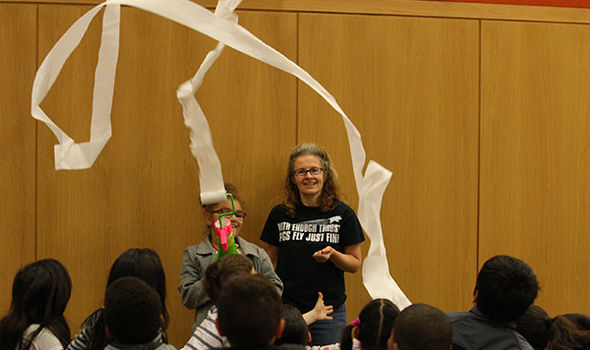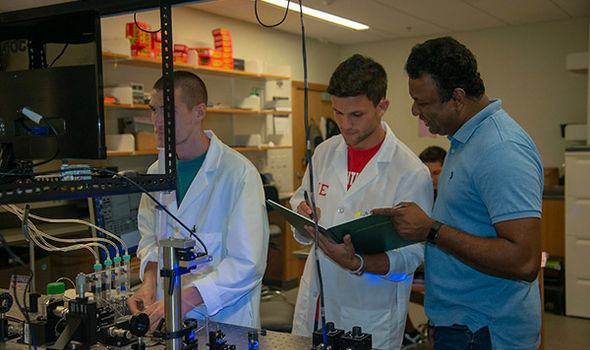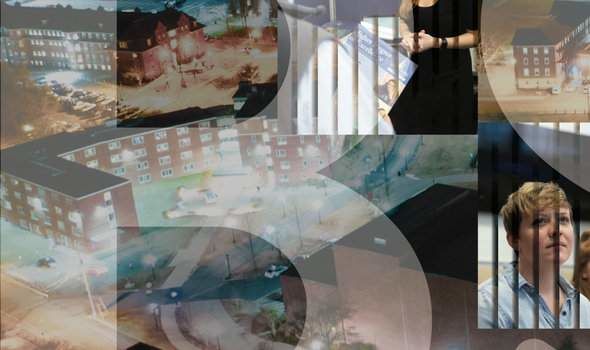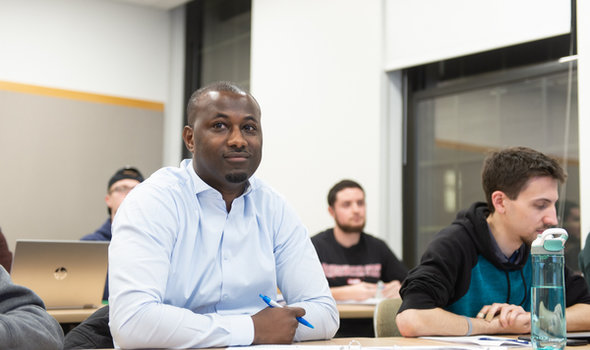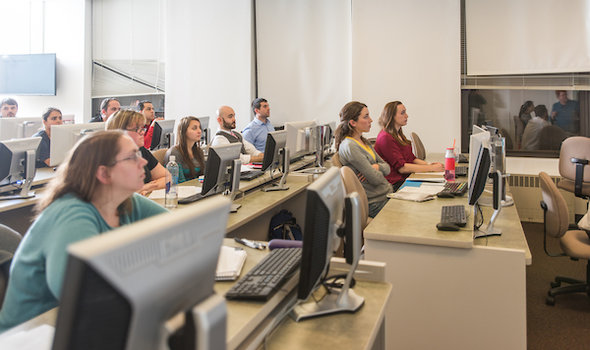Teaching Physical Science, Physics, Chemistry or Earth Sciences? Advance Your Skills Through the MA in Physical Sciences Program at BSU
Are you in search of the best physics graduate programs and physical science degree programs for educators? Whether you’re currently teaching physical science, physics, chemistry or earth science in middle school or high school, we can help you advance your education and gain a professional license through our Master of Arts in Physical Sciences programs at Bridgewater State University.
For more than 180 years, BSU has helped educators hone their skills to grow as teachers, improve their content knowledge and advance their careers.
Our graduate physical science teaching degree program is specifically designed for high-school and middle-school subject-area teachers. The program includes core educational courses on assessment and standards, STEM-specific pedagogical content knowledge courses, and advanced STEM content courses so that program graduates meet the Department of Elementary and Secondary Education licensure requirements.
If this sounds like the next step in your career, our physical sciences master’s degree from our Department of Physics, Photonics and Optical Engineering can help you acquire the tools, theory and knowledge you need to take your teaching to the next level.
